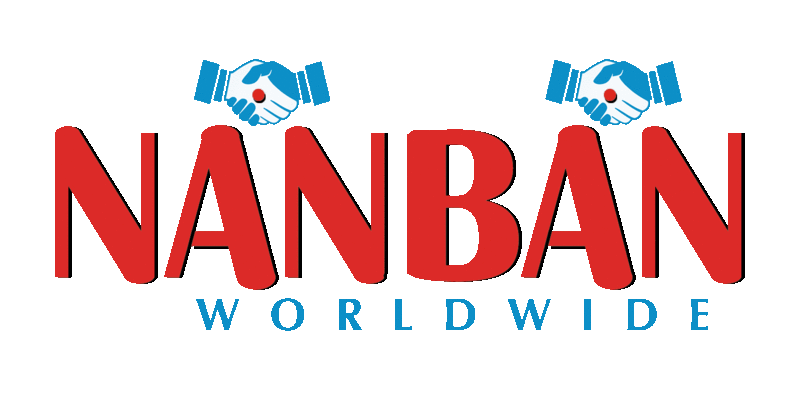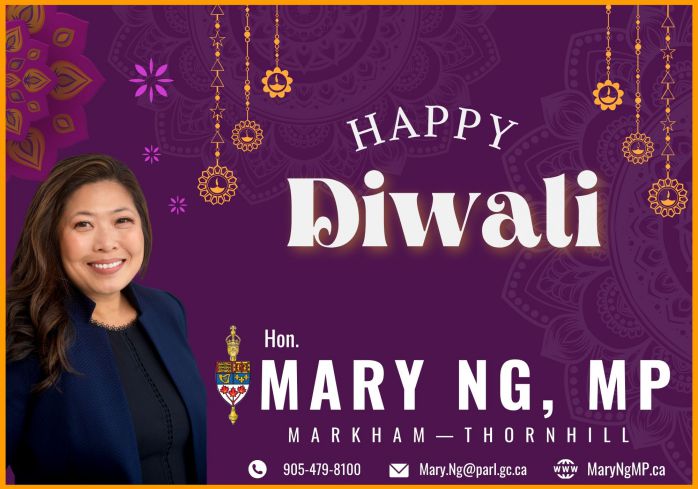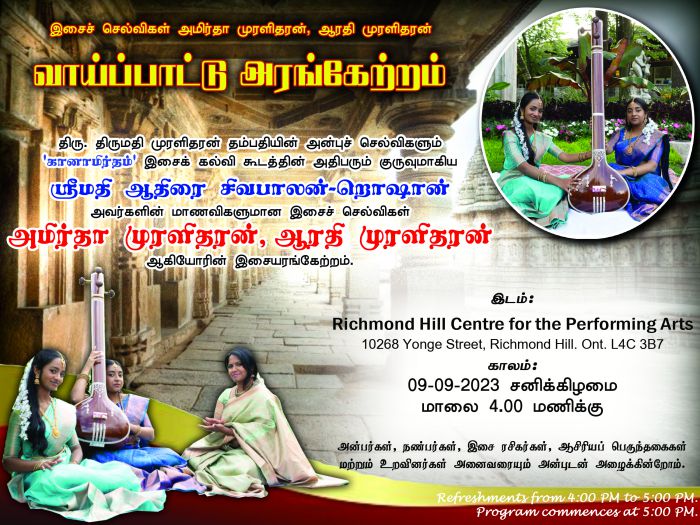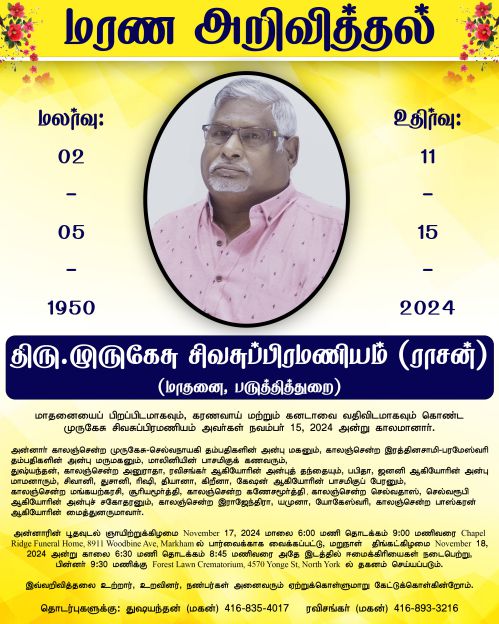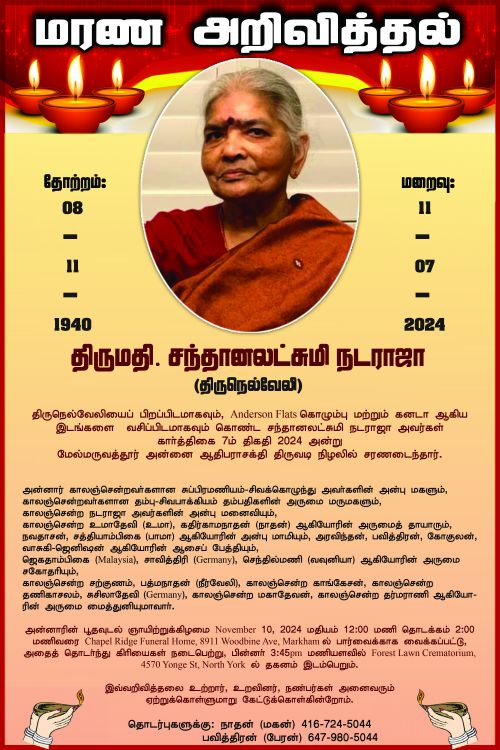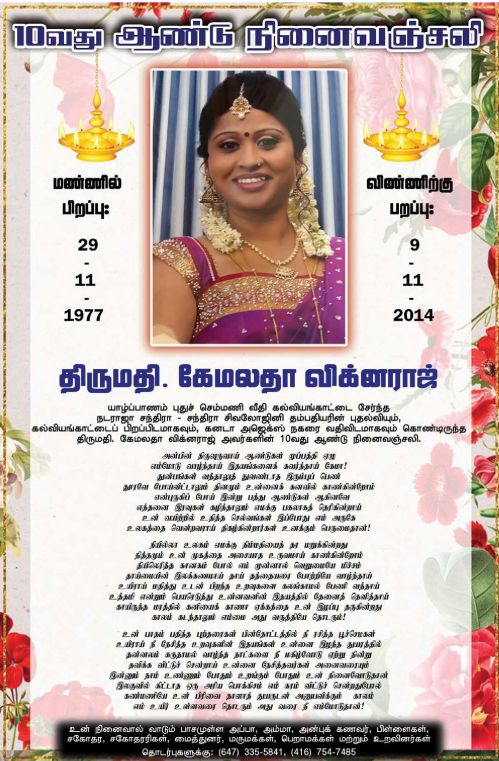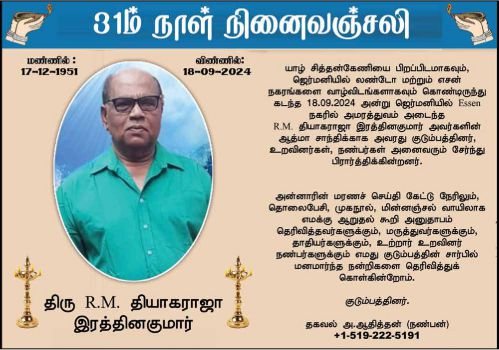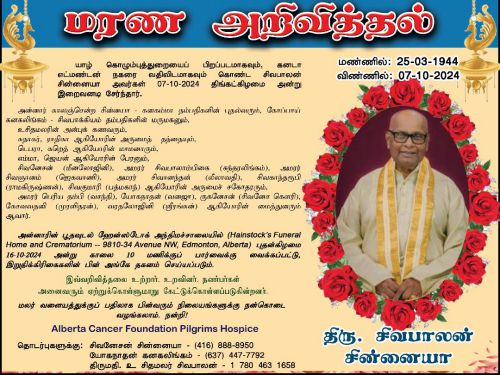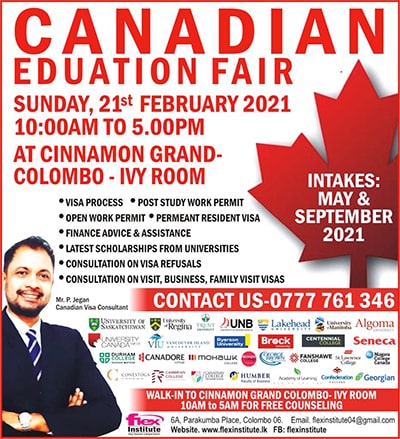Abuses, intimidation and threats an impediment to Sri Lanka’s planned “Truth Commission”
Share

Siva Parameswaran
A leading Human Rights organization has warned the Sri Lankan government’s action could lead to the failure of its proposed truth and reconciliation commission, which has already been rejected by the war-affected Tamils.
In its latest report, Human Rights Watch (HRW) has said, “ The Sri Lankan government’s ongoing abuses are undermining the purported goals of its newly proposed truth and reconciliation commission”.
Tamil victims of the brutal civil war, human rights defenders, and families of the Association for Relatives of the Enforced Disappearances have constantly maintained they don’t have faith in any internal mechanism and their sole demand was an international investigation.
HRW says “The government has not consulted on the victims, ignores evidence gathered by past commissions and it exposes them to security force abuses and retraumatization if they participate”.
Recent efforts by President Ranil Wickremesinghe to establish what he calls a National Unity and Reconciliation Commission (NURC) have also come in for sharp criticism from HRW.
“A South African style” truth commission appears to be primarily an attempt to deflect international pressure at the Human Rights Council from genuine truth and justice according to its 39-page detailed report.
“The South African process, implemented in very different circumstances to those of Sri Lanka, provided little criminal accountability. While South Africa’s Truth and Reconciliation Commission was a major step forward in its time, there are now 30 years of accumulated global experience of prosecutions of international crimes”.
Ranil Wickremesinghe’s proposed NURC details including its working methodology, evidence-gathering mechanism, the constitution of members, discussions with stakeholders, and any international participation among others is still not publicly available.

Victims fear serious concerns there will be little or no provision for criminal accountability for serious crimes under international law. In the absence of such an accountability process, it would be contrary to international requirements and practice and their interests HRW report points out.
Tamils who spoke to them during the compilation of their report have said “If we raise our voice, they arrest us”.
HRW claims their report is based on over 80 interviews done in June 2023 and shows the proposed NURC is not a serious step to obtain truth or justice for past international crimes.
While calling upon the government to genuinely engage with victims and affected communities and learn from previous efforts, the report also urges them to build on the evidence collected and recommendations made by past commissions. This includes the 2017 Consultation Task Fore on reconciliation mechanism, which studied options for transitional justice.
“The government needs to end its ongoing abuses against victims, their families, and human rights defenders and activists seeking to enforce their rights. This means stopping and appropriately punishing members of the military, police, and intelligence services who are carrying out surveillance and intimidation, repressing protests, abusing counterterrorism laws, and taking part in “land grabs” targeting minority communities”.
HRW says Sri Lankan authorities are using draconian anti-terror laws to silence dissent, including those calling for truth, justice, and accountability.
“Sri Lanka profoundly needs truth and accountability, but a credible process requires the support of victims’ families and an end to government abuses against them and their communities,” said Meenakshi Ganguly, deputy Asia director at Human Rights Watch”.
Adding further Ms.Ganguly says “The government’s own public statements suggest, this latest commission seems to be aimed at deflecting international pressure over continuing impunity, rather than revealing the fate of the disappeared or bringing those responsible to justice.”
While the UN Human Rights Council in Geneve has established an expert team to collect evidence of international crimes committed in Sri Lanka for use in future prosecutions, Ranil Wickremesinghe has apparently sought the support of countries like South Africa, Switzerland, and Japan along with the UN hoping his initiative will convince governments there is no need for any further probe by the UN Rights body.
However, HRW has strongly voiced its deep concern against any such support by these governments.
“Foreign governments, including South Africa, Switzerland, and Japan, should not finance or otherwise endorse a truth and reconciliation commission that victims reject and puts them at risk, Human Rights Watch said. International partners, including the European Union, should continue to press the government to meet its commitments to end violations committed using counterterrorism laws”.
The government’s targeting of those campaigning for justice undermines the credibility of the latest initiative-Truth Commission-Human Rights Watch added.
Although successive Sri Lankan governments appointed commissions that collected extensive testimony from victims and witnesses, none paved the path for honest and open accountability. The authorities instead of pursuing the leads blocked investigations into serious allegations and abuses and stalled the process of prosecutions.
Civil society and victims’ groups in Sri Lanka have made it very clear while a process to deliver truth and justice is urgently needed, the current initiative not only lacks credibility but also risks further harm to victims and their families.
“International law obligates governments to prosecute those responsible for war crimes and other serious international crimes by all sides. Failing to do so fuels further rights violations and undermines prospects for a durable peace”, Human Rights Watch said.

“President Wickremesinghe promotes ‘reconciliation’ while his government threatens the victims of past abuses and their families and minority communities,” comments Ms. Ganguly.
Commenting further on the proposed internal commission she warns credibility is a crucial factor.
“Instead of creating yet another commission to give the appearance of progress, the government should take steps to gain credibility for a genuine truth and justice process that Sri Lanka desperately needs”.
Thousands of people “disappeared” in state custody during the JVP uprising in the late 1980s and three decades of civil war with the LTTE and their relatives are still searching for their missed ones, who were handed over, surrendered or simply disappeared after handed over to or abducted by the state security.
In his recent report on the ‘Situation of Human Rights in Sri Lanka’ the High Commissioner of the UNHRC, Volker Turk in his report dated September 6 to the UN Human Rights Council said, for any transitional justice process to succeed, “Truth-seeking alone will not be suffice. It must be accompanied by a clear commitment to accountability and the political will to implement far-reaching change”.
